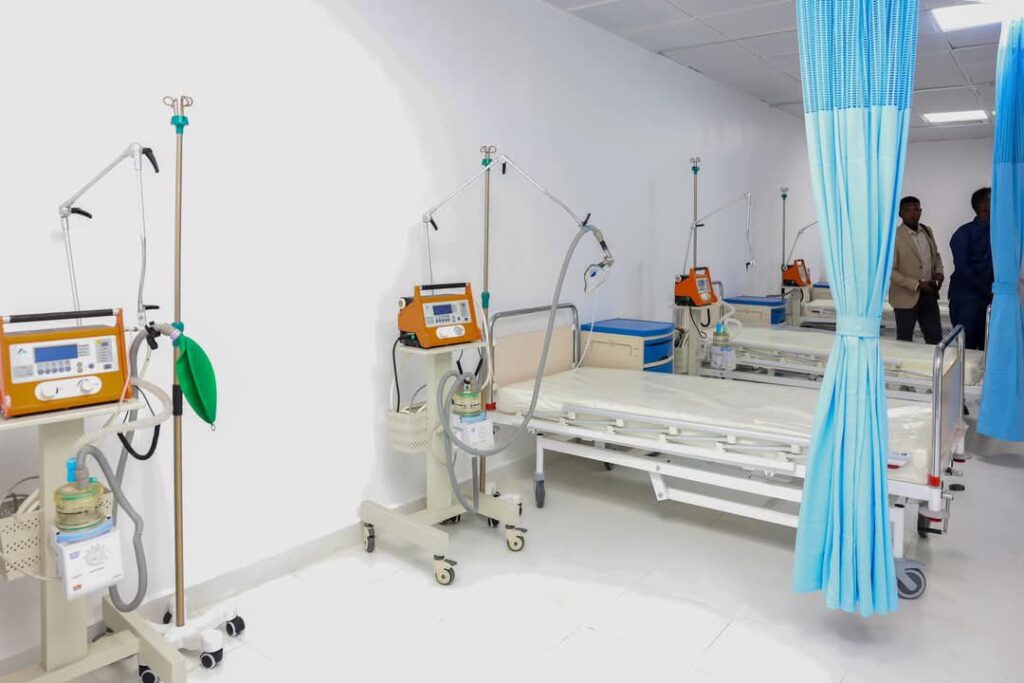Patient satisfaction is a critical metric for evaluating healthcare system performance.
It not only reflects the quality of care delivered but also influences treatment outcomes and the overall trust between patients and providers.
Understanding the dynamics of patient satisfaction in Somali public hospitals is essential for improving public health services, especially in urban centers like Mogadishu.
Assessing Healthcare Quality in Somali Public Hospitals
A recent cross-sectional study conducted between May and August 2023 explored patient satisfaction at two major public hospitals in Mogadishu: Banadir Hospital and De Martino Hospital.
The research aimed to uncover the provider-related determinants of patient satisfaction and offer actionable insights for strengthening Somalia’s fragile healthcare infrastructure.
Key Study Data:
- Sample size: 384 adult outpatients (aged 18 and above)
- Gender distribution: 88% female
- Age: 58.6% were under 30 years old
- Education: 62.2% were illiterate
- Marital status: 68.2% married
Data was collected using structured questionnaires and analyzed via STATA 16 software.

Major Findings: What Drives Patient Satisfaction in Mogadishu?
The study found that overall patient satisfaction in these Somali public hospitals stood at a modest 53.13%, indicating significant room for improvement.
The assessment revealed contrasting perceptions across different dimensions of care:
- Humanness of care (e.g., empathy, respect): 73.70% satisfaction
- Accessibility to services: 61.98% dissatisfaction
- Continuity of care: Reported as the lowest-performing domain
Factors Impacting Patient Satisfaction in Somali Public Hospitals:
- Education level was significantly associated with satisfaction (p = 0.009)
- Household income showed strong influence (p < 0.001)
- Other demographics (age, gender, marital status) had no statistically significant effect.
These insights underscore the need to prioritize patient experience.
Particularly around access to healthcare services and follow-up continuity, which are often under-resourced in post-conflict environments like Somalia.

Implications for Healthcare Improvement in Somalia
The findings offer a critical baseline for policy-makers, healthcare administrators, and international health organizations working to improve healthcare in Somalia.
Improving accessibility, ensuring continuity of care, and investing in patient-centered training for health professionals can help increase public trust and service utilization.
As Mogadishu and other urban areas continue to recover and rebuild, enhancing the quality of care in Somali public hospitals like Banadir and Demartino will be essential for restoring confidence in the Somali healthcare system.








